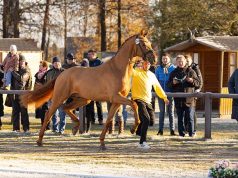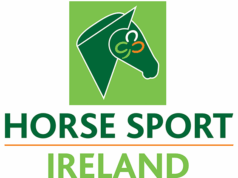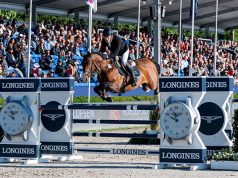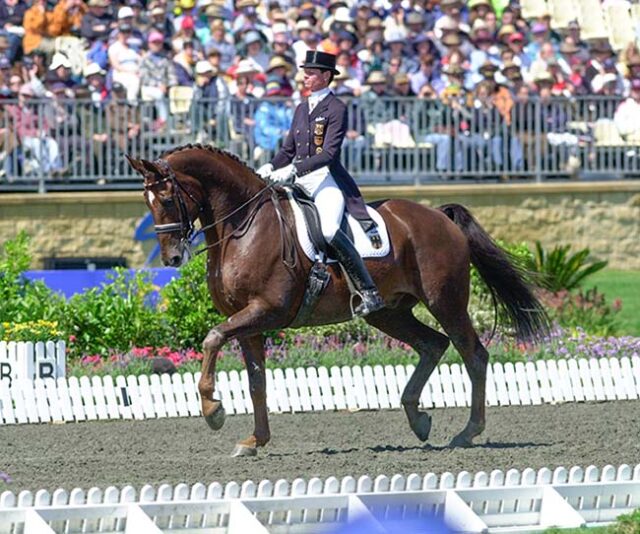
By Elena Zobova
Photography: Elena Zobova, Peter Llewellyn
“Our association is not just an organisation that registers horses, it is also a very successful group of breeders, united in one studbook,” says the LWA general director Aija Luse. “We allow a lot of diverse bloodlines to reach our goal in breeding. That is to produce horses for everybody who likes to ride – from 10-year-old children to top riders.”
Although the Latvian Warmblood Horse Breeders Association (LWA) was only founded in 2004, the studbook itself has a century-long history. The horse has always been a reliable friend and companion for Latvians – both farmers and soldiers – ever since the first people settled on the current territory of Latvia. Local horses, which have possibly descended from the current Tarpans, are considered to be the direct ancestors of the horses bred in Latvia.
One-hundred years of breeding
The first two state-owned horse breeding farms were established in Latvia between 1921 and 1925, and became the cradle of the Latvian horse. Initially these breeding farms used the best mares that were owned by the state and the military units, a few riding type mares of unknown origins, and the pure-bred, steady-tempered Oldenburg mares that were imported from Groningen and Old-Oldenburg. Later the foundation stallions and mares came from Mecklenburg, Hanover and Holstein, with some influx of Thoroughbred, Trakehner and Arabian blood – the recipe for which strongly resembles the making of the modern KWPN breed.
The first breeding horses were registered in 1921, while the breed itself was approved in 1937 under the name of Latvian Warmblood. Nowadays it has two types – the original heavy Warmblood horse, similar to Schweres Warmblut in Germany, and the Warmblood sport horse. Remarkably, these two types are not completely separate.
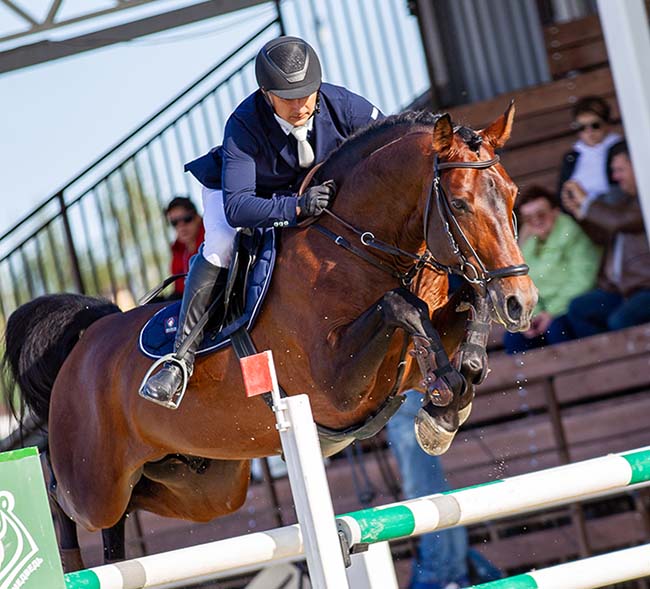
Although at the present time the Latvian Warmblood studbook is ‘open’, it is still based on the original Latvian horse breed. Many Latvian sport horses trace back to the original type, which gives more endurance, steadiness, and kind temperament – the qualities that are considered as being the most significant in the modern sport horse breeding.
Since 2008 the Latvian Warmblood Association has been a full member of WBFSH, registering approximately 350 foals each year in the Latvian Warmblood studbook... To read the complete article you need to be a subscriber
CLICK HERE TO SUBSCRIBE TO BREEDING NEWS
SUBSCRIBERS CAN READ THE COMPLETE ARTICLE BY LOGGING IN AND RETURNING TO THIS PAGE

